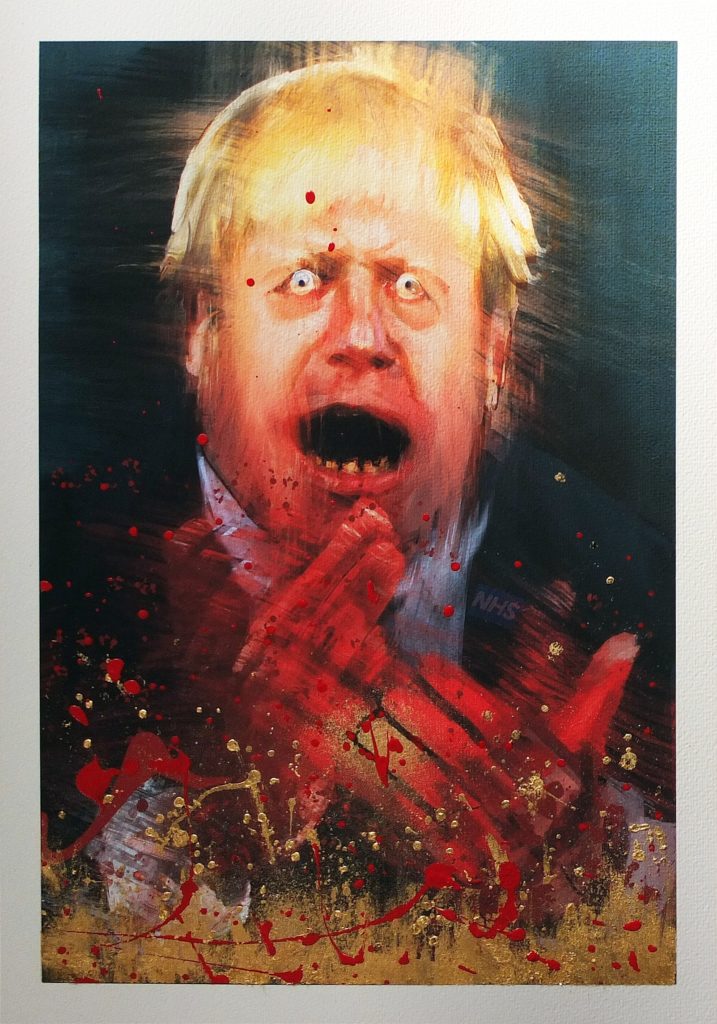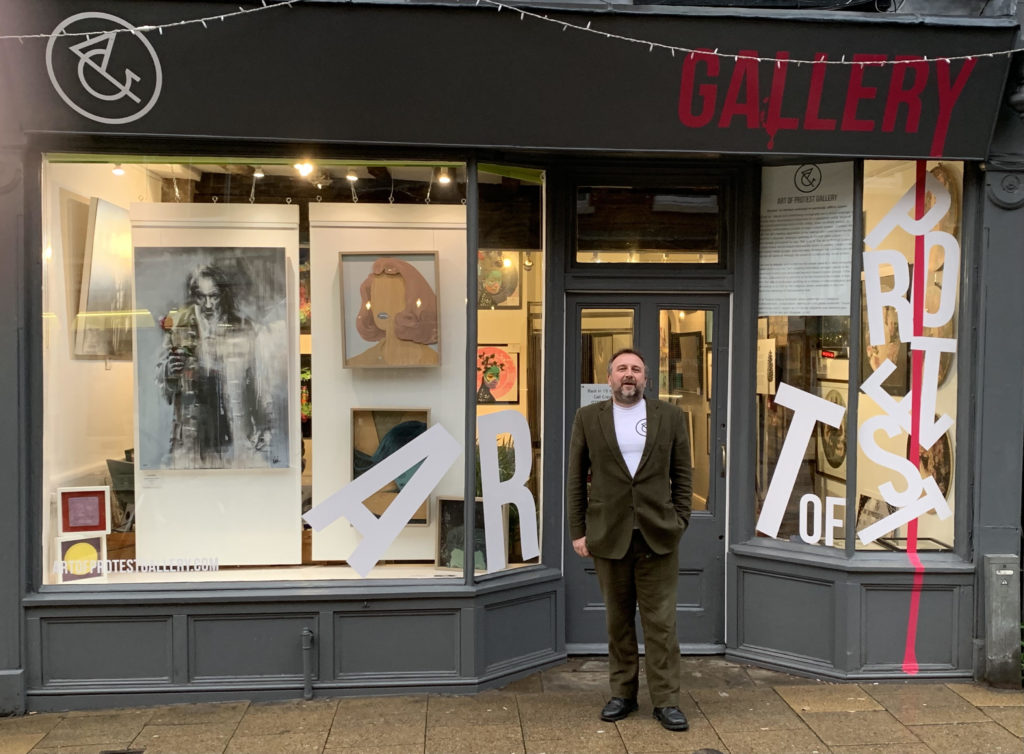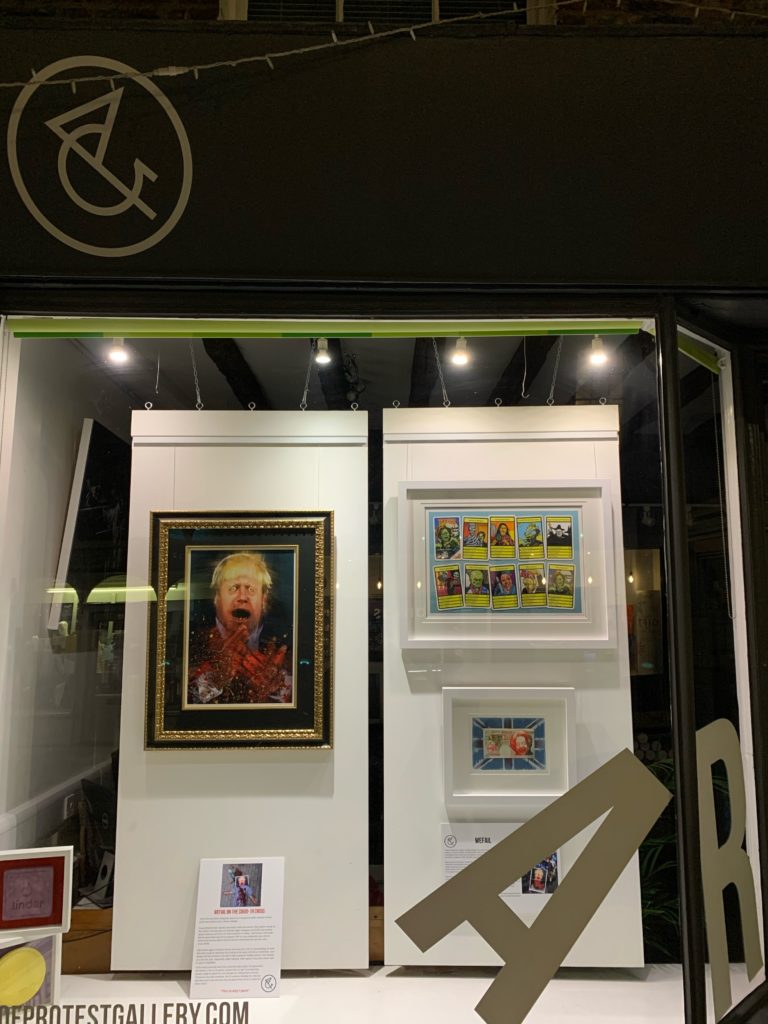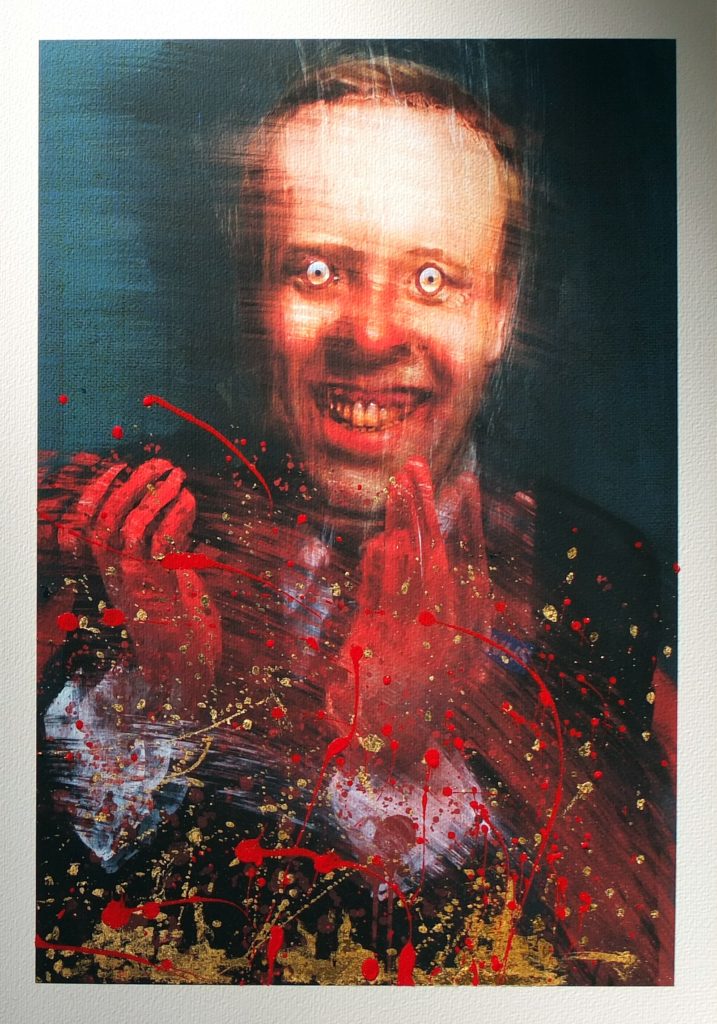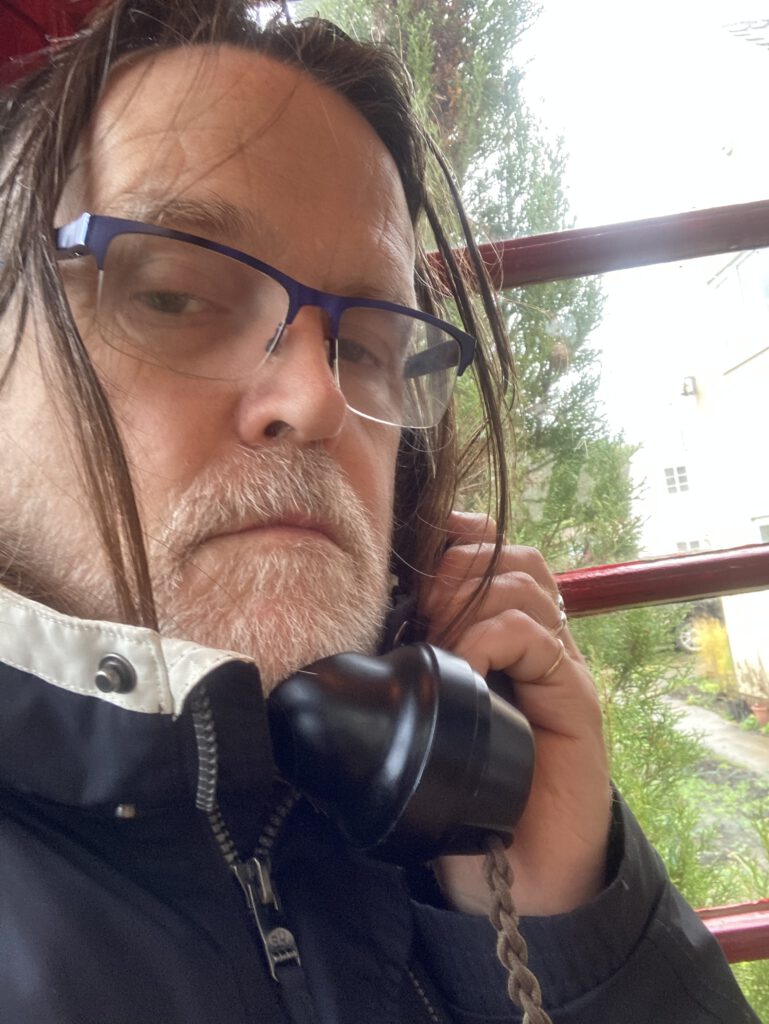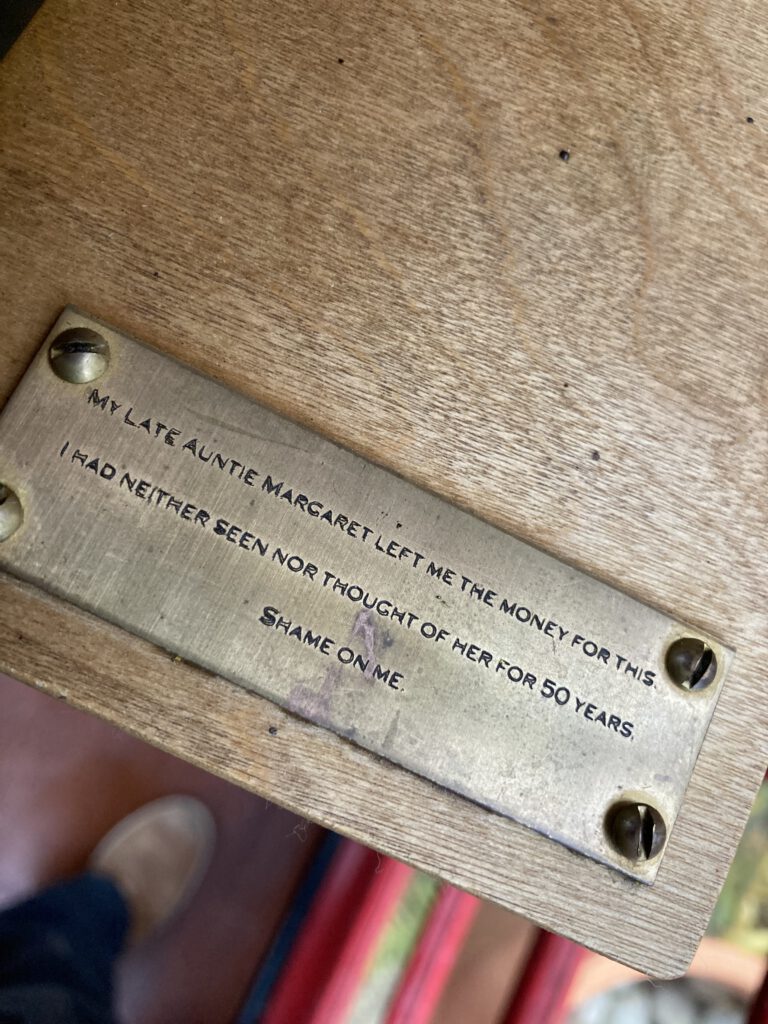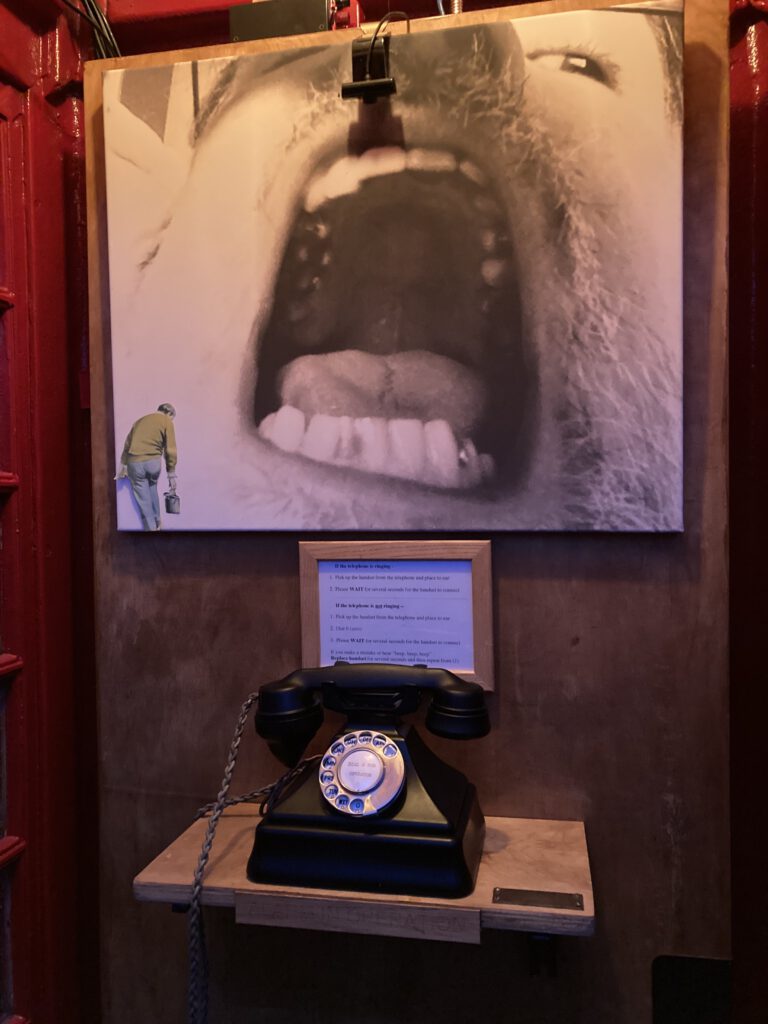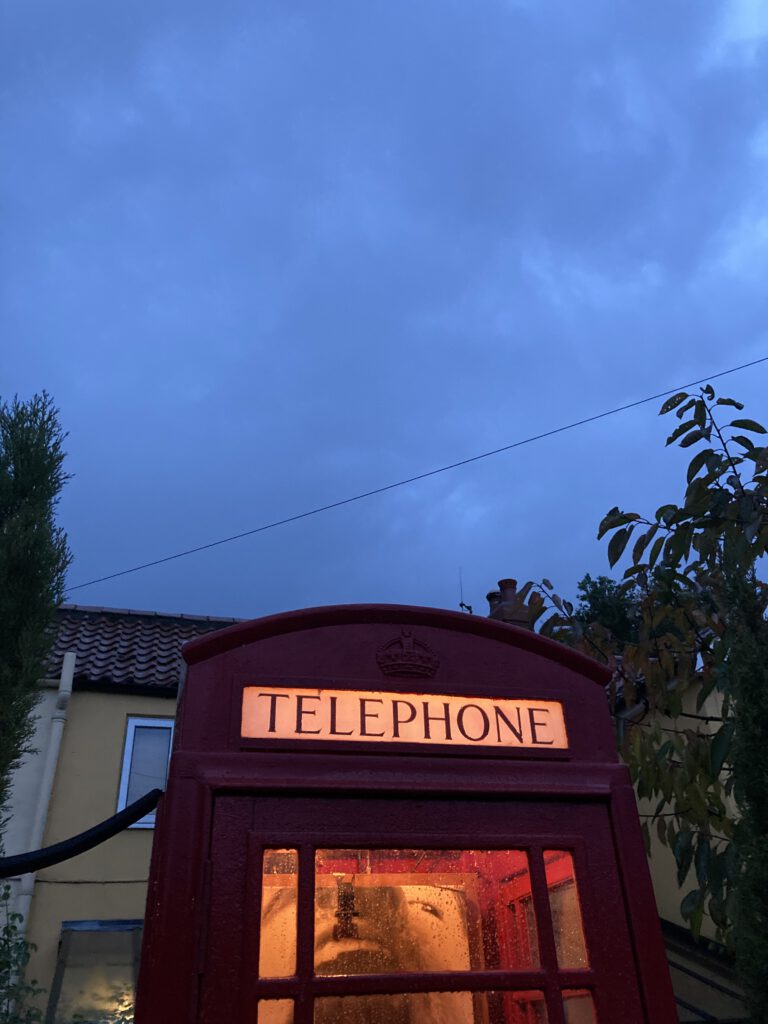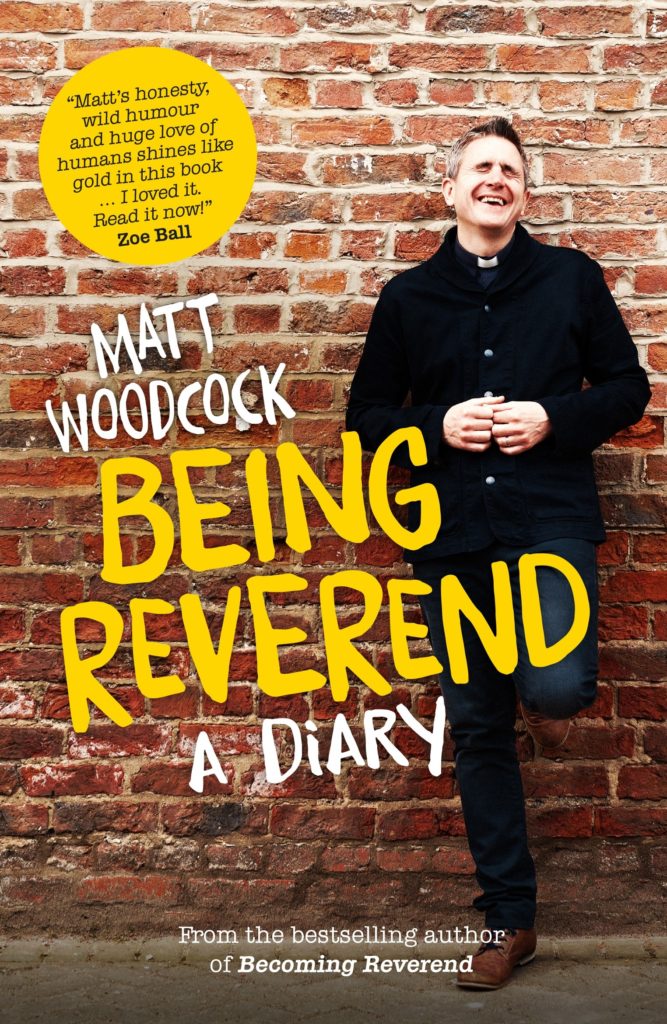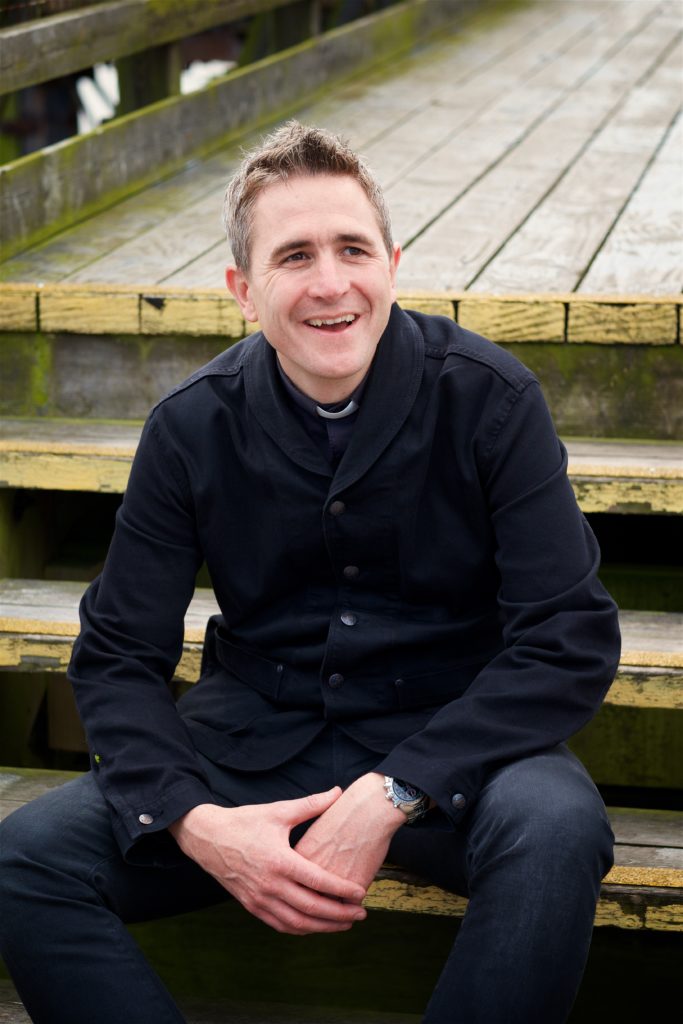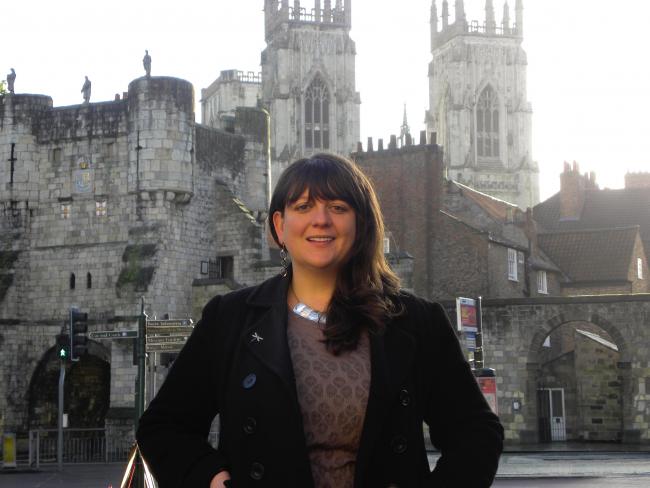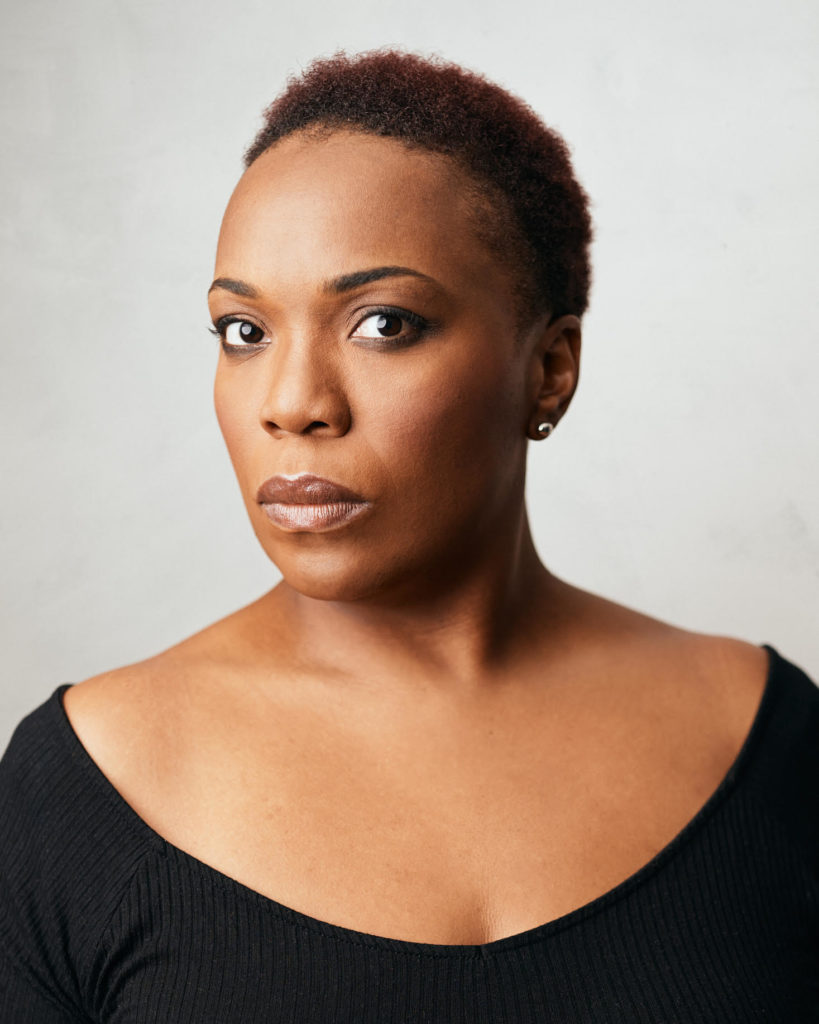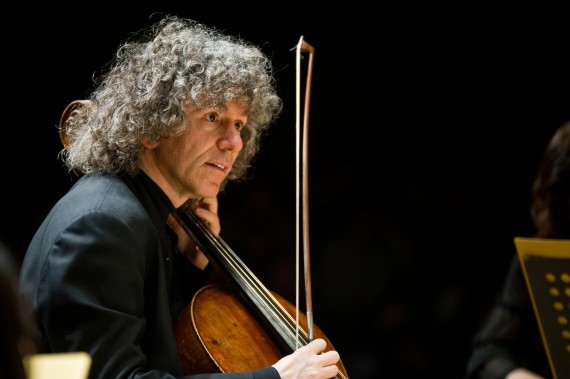
LOCKDOWN 2: The Sequel will not affect the tenth anniversary edition of the Aesthetica Short Film Festival in York.
ASFF already had decided to go virtual in Covid-19 2020 for its history-making online run from tomorrow (3/11/2020) to November 30, inviting you to “Discover New Cinema At Home”.
“The online programme brings a wealth of new opportunities for digital visitors, though returning patrons can enjoy the same diverse and forward-thinking identity that ASFF has defined over its ten-year lifespan,” says director Cherie Federico.
“With this ground-breaking blend of virtual developments and steadfast programme of short films, masterclasses, guest programmes and development opportunities, ASFF promises a festival this year like no other.”
The film programme features 300 works in the Official Selection across 12 short film genres, released in six daily curated strands from November 3 to 8, entitled Just Another Day On Earth; Humans And Their Environment; Connections: People, Places And Identity; Breaking Down Barriers; Reclaiming Space: Universal And Personal Narratives and Keep On The Sunny Side Of Life.
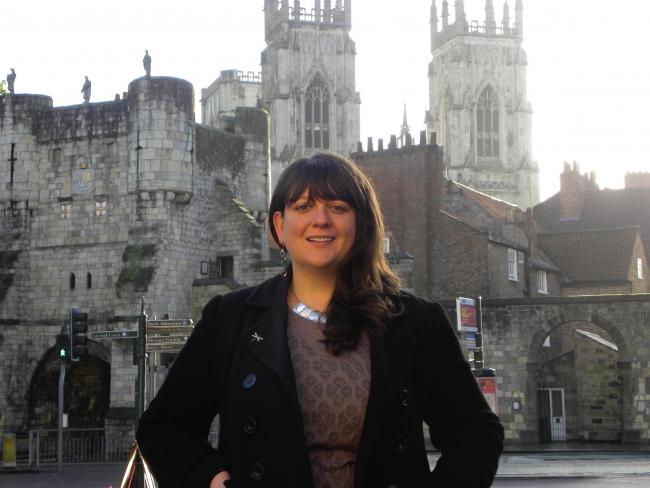
This year’s extensive Guest Programmes presents specially curated screenings from 13 organisations. Key topics and themes include Defining Gay Cinema, Tales From Isolation, Documenting Modern Britain, Indigenous Cinema, I Still Can’t Breathe and The Future Of AI.
Showcase Screenings offer films from London College of Communication, London College of Fashion, Arts University Bournemouth, Regent’s University London, University of York, York St John University, University of Lincoln, Falmouth School of Film and Television and Ravensbourne University.
Here are ten hotly anticipated events to be experienced from the comfort and safety of your own home, as picked by Cherie, from a festival with 450 films, 100 industry events, 50 masterclasses and one online platform.
ASFF Ten Year Anniversary Guest Programme, released online on November 3
IN this one-off honorary event, ASFF welcomes back alumni from the past nine editions of the festival to present specially curated short film strands that define the turbulent times that we face today.
Turning the spotlight on the climate crisis, global migration and the evolution of technology, this rousing and interrogative collection of films provides a visionary time capsule for audiences.
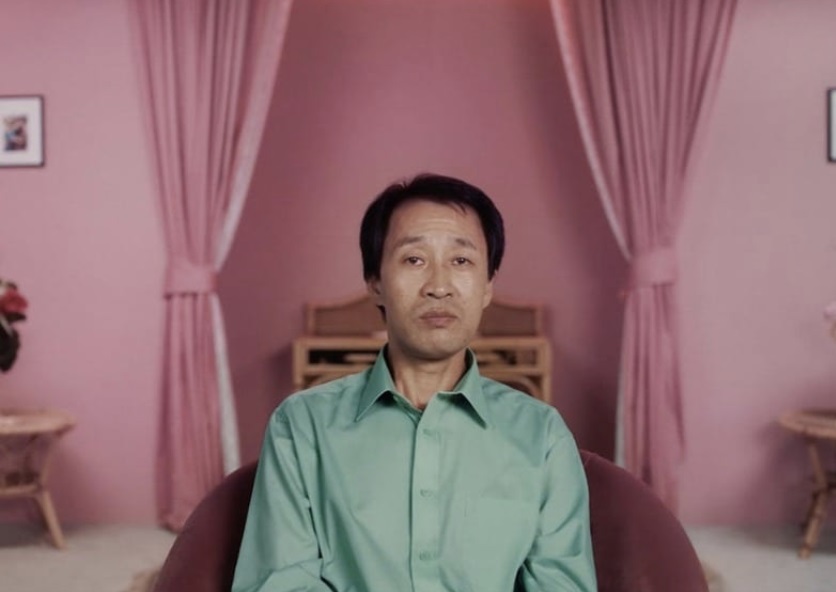
Virtual Industry Marketplace, available to visit from November 3 to 30
MORE than 40 exhibitors from film festivals, screen agencies and many more will congregate on ASFF’s new virtual platform for this networking event.
For emerging talent and industry practitioners, this is the perfect chance to meet the people you need to boost your film-making career.
I Still Can’t Breathe Directors Notes and Can We Talk DXB, released online on November 3
THE death of George Floyd in May at the knee of a Minneapolis police officer sent the world spinning on its axis.
This series of short films, curated by digital platform Directors Notes and Can We Talk DXB, an online source dedicated to lifting Black voices, continues the conversations that grew louder as a result of Floyd’s brutal death with this charged and demanding programme of short films.
VR For Change: Beyond Entertainment, November 3, 3.30pm, Industry Channel 1
WHERE does the potential for VR and 360-degree filmmaking end? This focused discussion explores the possibilities that these rapidly advancing approaches to capturing content in medicine and education among other fields.

World Class Filmmaking: Making More With Less, November 4, 10am to 12 noon, Industry Channel 1
SECURING financing is a longstanding obstacle faced by emerging filmmakers as they take their tentative first steps into their careers.
It is vital, however, to learn the skills needed to create your vision on a modest budget. Step forward Lincoln School of Film and Media to host a resourceful panel discussion that will cover everything, from film production to marketing and distribution.
Re-Imagining The Film Industry: Beyond Covid-19, November 4, 1.30pm to 3.30pm, Industry Channel 2
AS this year’s online edition of ASFF highlights, the film industry has adapted since Covid-19 forced the world into lockdown. Courtesy of Ravensbourne University, this thoroughly constructed panel aims to address big questions that filmmakers hold with no clear end in sight to our current circumstances.
Iconic Cinema: Andrea Arnold in Conversation, November 6, 7pm, Industry Channel 1
MULTIPLE Cannes and BAFTA prize-winning English filmmaker Andrea Arnold joins ASFF 2020 for a deeply reflective, insightful career retrospect.

Chaired by Birds Eye View founder Mia Bays, Arnold will dissect the themes and inspirations behind her body of work, such as Cannes Jury Prize winner American Honey (2016), Fish Tank (2009) and her Oscar-winning short, Wasp (2005).
Presenting The Facts: Documentary Filmmaking, November 7, 12.30pm, Industry Channel 1
THE possibilities have never been greater for non-fiction filmmaking, but nevertheless it is not without its challenges. A panel of knowledgeable, successful documentarians will lend key advice to virtual attendees, with a special focus on short-form content.
A Life In Music: Barry Adamson In Conversation, November 8, 2.30pm, Industry Channel 1
FORMER Magazine and Birthday Party bassist and Nick Cave collaborator Barry Adamson will share his love of music and cinema in a special masterclass, hosted by Jason Wood, artistic director of HOME, Manchester. HOME arrtistic Director Jason Wood.
Adamson, whose music has appeared on the soundtracks of David Lynch’s Lost Highway and Oliver Stone’s Natural Born Killers, has been instrumental to British pop culture for more than 40 years. “This is a must-see event for film and music lovers alike,” says Cherie.

Dame Judi Dench: An Icon Of Cinema, November 8, 4pm, Industry Channel 1
DAME Judi Dench, Oscar and BAFTA award-winning actress from York, will join ASFF 2020 for a special retrospective wherein she will draw on a lifetime of unforgettable portrayals and productions.
Festival tickets can be bought by signing up to ASFF’s online platform. These include:
The Unlimited Pass: Unlimited access to the platform, including screenings and masterclasses, sessions and panels, November 3 to 30.
The Festival Week Pass: Unlimited access to the festival platform, from November 3 to 8.
The Day Tripper Pass: Unlimited access to the festival platform for 24 hours from first log-in.
The Film Fan Pass: Unlimited access to all films from November 3 to 30. Not inclusive of masterclasses and sessions.
For tickets, go to: asff.co.uk/tickets. You can log in to ASFF 2020 on your TV, smart phone, tablet or computer.





